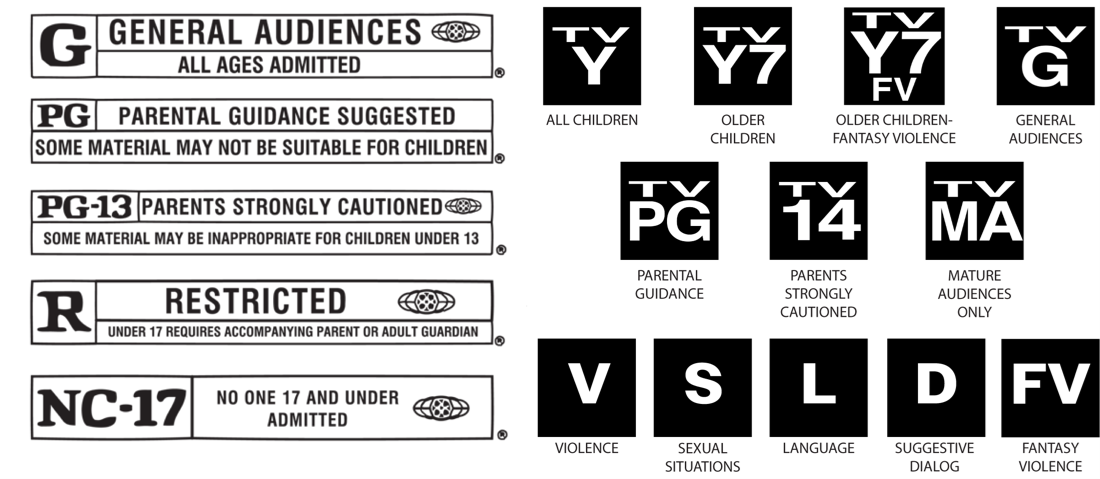Squid Game: How Culture Impacts Viewer Experiences
We generally don't write about specific shows unless something really goes wrong on the culture and localization side of things and highlights problems content creators may face when preparing for international release. Netflix's latest global hit, the South Korean title “Squid Game,” falls squarely into this category for three reasons. First, it demonstrates the impact social media has on the public perception of a title. Second, it highlights how translations can tell a very different story in subs and dubs than in the native language. Finally, it points out how complex the localization process is and the sacrifices that are sometimes made to get a title released.
No one is shocked these days when social media “influencers” light the internet on fire with criticism. What surprises people is how soon it comes and from which direction. "Squid Game" was released on Sept. 17 2021, and within days people fluent in native Korean started posting about translation and cultural issues. One of the first to gain significant attention was a TikTok post by Youngmi Mayer, in which she describes the problems she found in the film's English closed captions in episode 6, “Gganbu.” So far, Mayer's video has been watched 2.9 million times.
Mayer's concerns have been challenged as unfair because she watched the English Closed Captions instead of the English subtitles, which tend to be closer to the script. Closed captions are based upon the audio dub, which can be reduced or altered to match the character's lip movements. Here are two examples using Mayer's original post as the source.
Mayer Korean dialogue (:30): “What are you looking at?”
English Closed Caption translation: “Go Away!”
English subtitle: “What are you looking at?”
English audio dub: “Go away!”
Here’s another example:
Mayer Korean dialogue (6:00): “I’m very smart, I just never got the chance to study.”
English Closed Caption translation: “I’m not a genius, but I still got it work out. Huh?”
English subtitle: “I never bothered to study, but I’m insanely savvy.”
English audio dub: “I’m not a genius, but I’ve still got it where it counts!”
There are both consistencies and inconsistencies across translations, and it’s easy to see how a non-native speaker could experience a storyline that has deviated from the original depending upon whether they use subtitles, closed captions, dubbed audio, or a combination of any two. The differences in the second example could be due to carelessness or mishearing what is being said. “Work out” sort of sounds like “where it counts” if you say it fast enough. But if someone doesn’t have the English audio dub playing while they watch the film, how would they know the difference? The reality is they wouldn’t know, which could lead to the kind of confusion or misinterpretation Mayer and others discuss.
The extent to which this happens varies across titles. In the case of "Squid Game," some people believe it has impacted the story significantly; and from these two examples, we can see why. But the general public won’t understand the process for creating subs and dubs and how they can contribute to inconsistencies or the appearance thereof.
The woman who voiced the character Han Mi-Nyeo, Stephanie Komure, responded on Twitter, stating, “I’m the dub actress for Mi-Neyo, so I was in the studio when this changed. She was tough to dub because her expressions/mouth movements are so huge & up close, & things had to change to fit flaps. It’s a balancing act.” Ms. Komure indirectly refers to the linguistic, cultural, and visual issues encountered during localization. Linguistic in that some words and phrases are conveyed with fewer words than in other languages. Cultural in that is making sure the context is represented in words spoken and visual because the objective is to have the spoken words match as close as possible, as Komure mentions, to the movement of the actor’s mouth. It is a “balancing act,” and there are bound to be misunderstandings.
The immense number of TikTok views alone has raised public awareness of the importance and significance of localization. This likely means there will be a race with future foreign-language titles to identify similar problems, throw shade on the platform, and earn millions of views. Content companies should expect this to happen from now on. Awareness of a problem is the best way to begin working on ways to solve it.
Quality control for subs and dubs has always depended on the company and the budget. If anything forces content companies to eliminate these differences, it will be to insist upon better coordination and consistency between actual dialogue, subs, dubs and closed captions. No content company wants these types of problems to occur. They want all localizations to be consistent with the dialogue; but as "Squid Game" shows, it’s easier said than done.
Related Posts


SILICON VALLEY
2336-H Walsh Ave.
Santa Clara, CA 95051
+1(408) 550-2344
LOS ANGELES
3900 W Alameda Ave.
Burbank, CA 91505
+1(310) 496-7307









